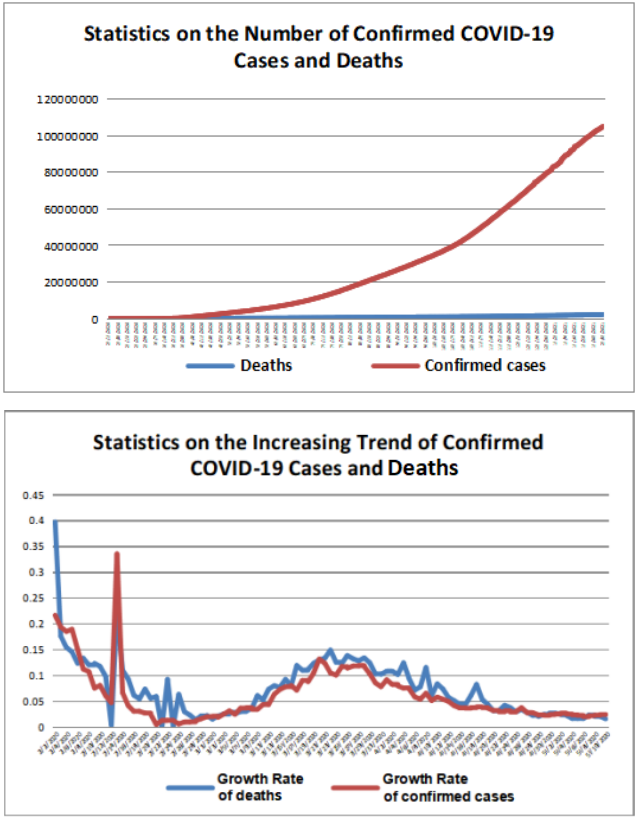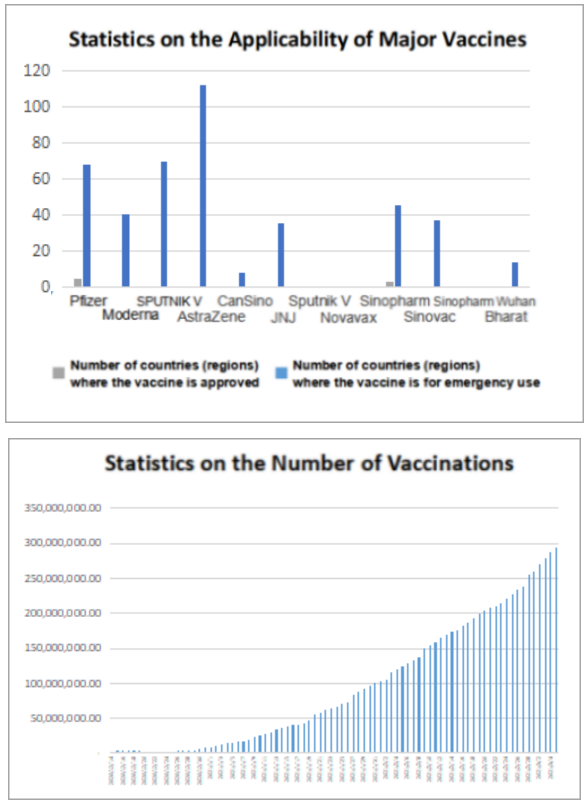【ICDPASO】The Pandemic Widened Global Current Account Balances, Making Sustainable Recovery a Long Way Off
Time:2021/08/12 BJT
1. Key Concerns
The International Monetary Fund indicated in the latest External Sector Report that the global reaction to the pandemic further widened global current account balances--the sum of absolute deficits and surpluses among all countries--and announced that the restrictive measures taken by countries, such as travel restrictions and trade and consumption shifts, could have destabilizing effects on global economies. The report said that the global current account balances varied from 2.8 percent of world GDP in 2019 to 3.2 percent of GDP in 2020. The sharp fluctuations in the current account surplus and deficit are closely linked to the reduction in travel, fluctuations in oil demand, the surge in demand for anti-pandemic supplies, and changes in government debt due to the pandemic.
The outbreak of the COVID-19 virus variant has cast a shadow over the global economic recovery, and countries and regions are making twists and turns in the fight against the pandemic. In the latest World Economic Outlook, the IMF has adjusted its forecasts for different countries, raising its growth forecasts for advanced economies and lowering its outlook for the emerging market and developing economies. IMF also predicted that inflation in most countries would be expected to return to pre-pandemic level by 2022.
As a result, it´s necessary for countries to make efforts to resolve trade and technology tensions while ensuring that the recovery is built on a solid and durable foundation. At the same time, as international economy and trade participants, enterprises should pay close attention to changes in policies of major economies, and always be prepared to risk assessment and prevention.
2. Briefing on COVID-19 Pandemic
According to WHO statistics, calculated numbers of confirmed COVID-19 cases and deaths reached 200,840,180 and 4,265,903 by August 6, 2021. The U.S., India, Indonesia, Iran and Brazil were the five countries (regions) with the highest number of new confirmed cases in the past seven days. Indonesia, Brazil, Russia, India and the U.S. were the five countries (regions) with the highest number of new deaths in the past seven days. The highly contagious DELTA variant has been detected in at least 132 countries and regions.

Some countries (regions) have launched the COVID-19 “Booster Injection” plan. The uneven distribution of COVID-19 vaccines raised concerns of WHO. Statistics from Our World In Data, an online research site of University of Oxford, presented that 4,431,474,657 doses had been administered by August 7, 2021. On August 4, Tedros Adhanom, Director-General of WHO, called for the cessation of COVID-19 booster vaccinations by the end of September to allow poor countries to receive their first dose of COVID-19 vaccine.

The restrictive measures taken by countries (regions) are further differentiated. As the spread of the DELTA variant intensifies the pressure on the response to the pandemic, the Government of India has requested restrictions to be implemented across the country ahead of various holidays; In Sibu, Malaysia, it is required to be vaccinated before entering the shopping mall; South Korea has announced a two-week extension of existing COVID-19 prevention and control measures to contain the spread of the COVID-19 virus. Meanwhile, some advanced economies continue to relax their restrictions.

